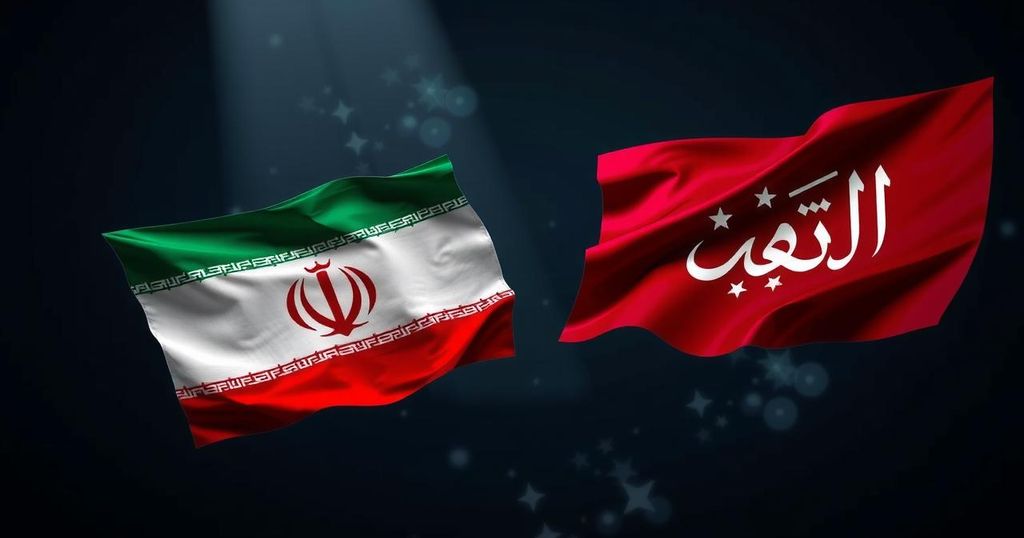Iran’s President Massoud Pezeshkian has called for closer relations with Qatar in light of recent regional shifts, particularly following the relocation of Hamas leaders. Both nations support Hamas, with Qatar serving as a mediator. The leaders express commitment to strengthen their partnership, foreseeing mutual benefits. This alignment appears strategic as they prepare for potential changes in U.S. administration foreign policy.
Iranian President Massoud Pezeshkian recently emphasized the necessity for “broader and deeper” relations with Qatar during a meeting with Sheikh Mohammed bin Abdulrahman Al Thani, Qatar’s prime minister and foreign minister, as reported by Iranian state media. This meeting occurs amid shifting allegiances in the region, particularly following the relocation of Hamas leaders from Qatar to Turkey. Iran and Qatar have both played complicated roles in supporting Hamas, with Qatar acting as an intermediary while maintaining its relationships with Western powers.
The geopolitical dynamics are highlighted by Qatar’s unique position, as it has hosted various groups labeled as extremists while still aligning with the United States, a non-NATO ally. Qatar has previously facilitated relations for Hamas, notably routing financial support to the organization via Israel back in 2012. Despite its contentious history, Qatar framed itself as a mediator in the ongoing hostilities involving Hamas but has faced challenges in achieving tangible results in recent negotiations.
As relations evolve, the Iranian President called for swift action on commitments made during earlier discussions in Doha. Pezeshkian assured the Emir of Qatar of Iran’s dedication to these agreements, further encouraging visits between the two nations’ leaders. The Qatari prime minister indicated a reciprocal eagerness, affirming that plans for the Emir to visit Tehran are in place for early next year. Both nations seem to be aligning strategically in anticipation of potential changes in U.S. foreign policy under the incoming Trump administration.
The collaboration between Qatar and Iran presents potential advantages for both parties. For Iran, Qatar’s connections with the UN and the EU may provide leverage in dealing with criticisms from these entities. Concurrently, Iran’s network of regional proxies may assist Qatar in navigating its challenges in the Middle East. The mutual support for Hamas further solidifies their partnership in the prevailing geopolitical climate.
The analysis of Iran’s relations with Qatar is rooted in the complexities of Middle Eastern geopolitics, especially concerning the support of groups like Hamas. Both Iran and Qatar have taken distinct positions of backing Hamas, although they navigate these relations through different diplomatic channels. Qatar’s historical role as a mediator in regional conflicts, coupled with its simultaneous engagement with Western powers, poses unique challenges and opportunities in the context of broader regional alliances. The significance of President Pezeshkian’s call for closer ties also reflects Iran’s strategic approach to counter international pressures and foster alliances amidst shifting political landscapes.
The recent meeting between Iranian President Massoud Pezeshkian and Qatari leaders marks a distinctive approach towards enhancing bilateral relations, particularly concerning shared interests in Middle Eastern political dynamics. Both countries seem poised to strengthen their alliance, particularly in the support of Hamas, while leveraging their political connections to mitigate externally imposed pressures. As they prepare for a potential shift in U.S. policy, the implications of their partnership could resonate significantly across the region.
Original Source: www.jpost.com






